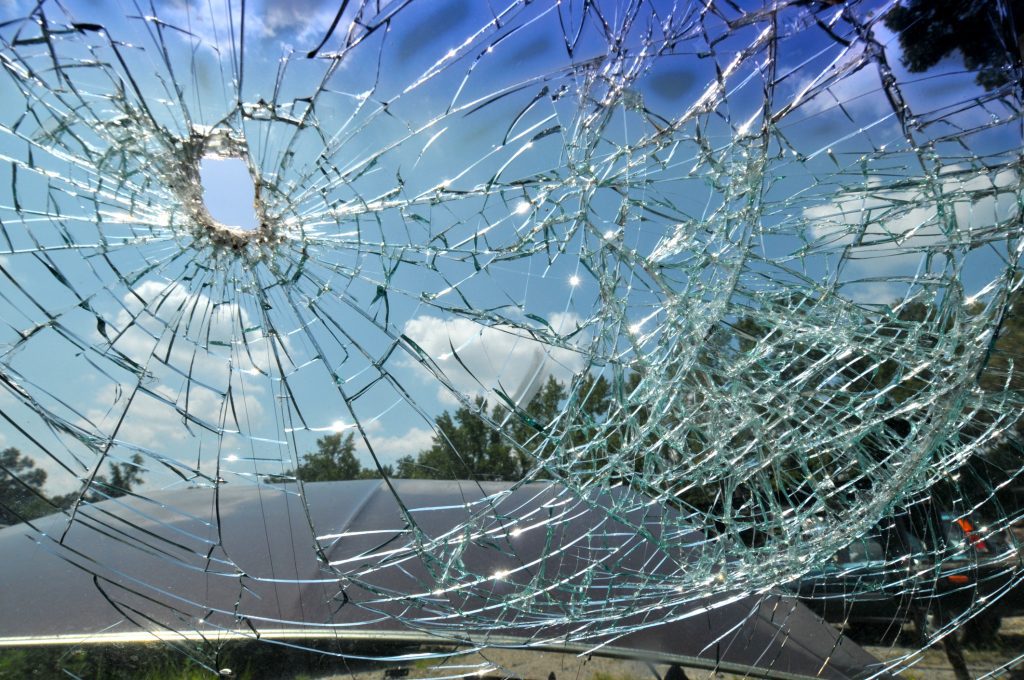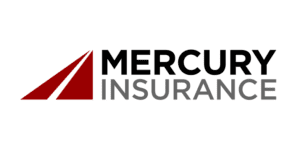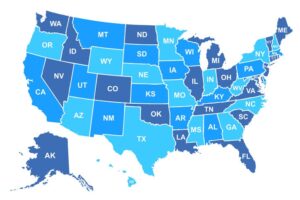Florida Auto Legislation, on Heels of 2022 Reforms, Suggests State is Serious About Insurance Crisis Fix

Florida legislation proposed last week would prevent the state’s motorists from assigning their legal rights in auto insurance claims to repair shops.
Assignment of benefits (AOB) is a standard practice in the insurance world. In Florida, however, this efficient, customer-friendly way to settle claims has long served as a magnet for fraud. The state’s legal environment has encouraged vendors and their attorneys to solicit unwarranted AOBs from tens of thousands of Floridians, conduct unnecessary or unnecessarily expensive work, then file tens of thousands of lawsuits against insurers that deny or dispute the claims.
Legislation approved in the closing weeks of 2022 took several crucial steps toward resolving the state’s property/casualty insurance crisis, including elimination of the state’s AOB laws with respect to property claims. But it didn’t affect auto-related AOBs.
Intended to help consumers
Florida’s auto glass law – originally intended to encourage drivers to repair or replace damaged windshields by prohibiting insurers from charging deductibles for windshield damage – is being exploited by glass-repair shops all over Florida. Unscrupulous vendors hire workers to canvas neighborhoods, enticing vehicle owners to sign up for “free” windshield replacements. They get car owners to sign an AOB contract that assigns the owners’ legal rights to the repair shop.
The shop then can sue the consumer’s insurer if it doesn’t pay what the shop demands. The result is a lawsuit by the vendor in the consumer’s name.
Lawyers have a strong incentive to file suits, as the insurer is required to pay their fees if it loses in court. This has resulted in a “sue-to-settle” system, in which lawyers file suits over very small disputes to force a settlement.
Hope for the future
“What began as a small regional issue a decade ago with a few lawyers and some auto repair shops has blown up to become a major problem throughout the state,” said Mark Friedlander, Triple-I’s director of corporate communications and a Florida resident. Between 2011 and 2021, the number of auto glass lawsuits in Florida rose more than 4,000 percent, from 591 to more than 28,000. A National Insurance Crime Bureau (NICB) analysis found that Florida had the highest number of questionable auto-glass claims among the 50 states in 2020.
WhileFlorida is a “no-fault” state – meaning both parties in an accident submit claims to their own insurer, regardless of fault – it ranks high for attorney involvement in accident claims, the Insurance Research Council (IRC) has found. Attorney involvement is associated with higher costs, and IRC also has found Florida to be among the least affordable auto insurance markets.
The new measure, filed for the 2023 legislative session that starts March 7, offers hope that Florida is finally serious about solving the decades-old mechanisms that have fed the state’s current insurance crisis. Taken together, the two pieces of legislation will help stabilize Florida’s insurance market, but it will take years for the impacts of fraud and legal system abuse to be wrung out of the system.
Learn More:
FRAUD, LITIGATION PUSH FLORIDA INSURANCE MARKET TO BRINK OF COLLAPSE
FLORIDA’S AOB CRISIS: A SOCIAL-INFLATION MICROCOSM





